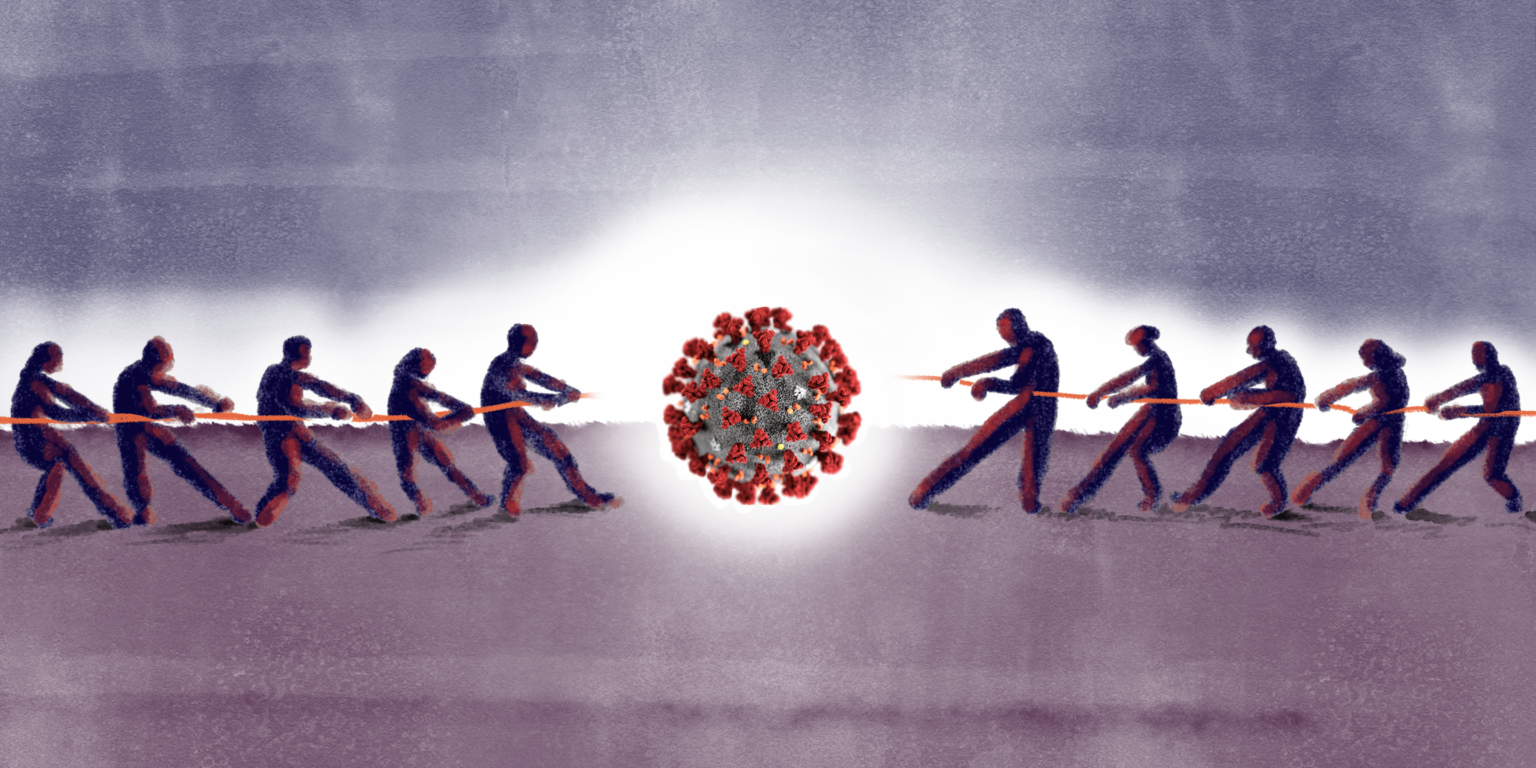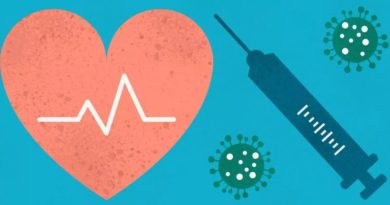Iran’s coronavirus catastrophe and why the Indian government wants people to put butter up their noses

Welcome to the Infodemic. We are tracking how disinformation is shaping the global pandemic response. Today — from vaccine news that didn’t make the headlines to increasing levels of Covid-19 chaos in Iran — here are this week’s narratives, which have grabbed our attention and deserve yours.
Pfizer and BioNTech’s announcement that their vaccine is 90% effective in clinical trials has been heralded as a groundbreaking achievement — but the developing world found little cause for celebration. Because the Pfizer vaccine relies on mRNA technology, doses must be continually kept at temperatures below minus 75 degrees Celsius. This renders distribution a logistical nightmare, even in wealthy countries. But, for nations like India and Pakistan, prone to regular heatwaves and power outages, it makes it virtually impossible to guarantee access to the vaccine, particularly in rural areas. In a recent interview, Indian billionaire vaccine manufacturer Adar Poonawalla described the prospect of delivering vaccines requiring ultra-cold storage to the developing world as a “joke.” Pakistani health officials are sounding similarly pessimistic.
With vaccine prospects slim, millions across India will keep looking for alternatives. The country’s Ministry of AYUSH, which promotes and regulates alternative and traditional medicine, is there to help. The government department, which has pushed pseudoscientific remedies since the outset of the pandemic, has now released a 217-page document recommending how to integrate Ayurveda and yoga into India’s treatment of Covid-19. It includes gargling with warm water, putting ghee in your nostrils and inhaling steam. The state’s promotion of traditional remedies is having a real impact on the ability of frontline health workers to combat the pandemic. Doctors say those affected by the virus often delay going to hospitals for treatment, opting instead to rely on home remedies.
Elsewhere, the race for vaccines continues. Uzbekistan, which ordered 35 million doses of Russia’s Sputnik V vaccine earlier this year but is still waiting on its shipment, has now turned to China for help, recruiting 5,000 volunteers to take part in a vaccine trial. Meanwhile, Brazil’s health regulator paused trials for China’s new Covid-19 vaccine, after a subject died. Once it emerged that the cause of death had been suicide, rather than anything connected to the vaccine, trials resumed. Nevertheless, this led to a slew of false claims on Brazilian social media that the vaccine was deadly. President Jair Bolsonaro, who opposes the vaccine on the grounds that his pet cure, hydroxychloroquine, is preferable, yesterday speculated that the explanation of suicide was untrue. Conspiracy theories and anti-vax propaganda have also stagnated the Chinese trial in Pakistan, which is struggling to find enough volunteers to take part.
Meanwhile, millions of children are unlikely to receive an eventual Covid-19 vaccine, because they live in war zones. According to a new report from Save the Children, a rise in global conflict over the past decade has beaten back hard-won gains on immunization made in previous years. Today, two-thirds of the world’s unimmunized children live in conflict areas. Covid-19 has only made things worse, causing the suspension of regular immunization programs in more than 60 countries and placing 80 million children under the age of one at risk of contracting vaccine-preventable diseases.
Subscribe to the Infodemic, tracking Covid-19 disinformation
DARK DAYS IN IRAN by Isobel Cockerell
A few weeks ago, we covered Iran’s insulin shortage. Now, the country — like many developing nations around the world — is also experiencing a lack of flu vaccine. Reports have emerged that shots have been smuggled into the country and are now circulating on the black market. Authorities have issued a warning not to buy the unauthorized injections, as it is likely they haven’t been kept under the right conditions. This week, the country passed 40,000 coronavirus deaths. It is continually breaking its own fatality records and cemeteries are struggling to keep up with the number of bodies.
Mass confusion: Everyone wants to know why Iran’s fatality rate is so high, but the government may still be suppressing the real figures. Now, high-profile people are beginning to acknowledge that. A top doctor in Iran’s Supreme Medical Council recently asserted that he believed the true death rate to be four times higher than official statistics.
“We’ve reached a point in this pandemic where even public health authorities are trying to be more honest with the population and say, ‘we may never know the real number,’” said Simin Kargar, a human rights lawyer and fellow at Harvard’s Berkman Klein Center for Internet & Society who researches disinformation.
Meanwhile, the wait for a coronavirus vaccine is being met with anxiety on all sides. “There’s a tiny minority that’s basically anti-vax,” said Kargar. “But there is another subset of people who say, ‘Well, we don’t trust the Iranian government. And by proxy, we don’t trust the Chinese. If the only option that becomes available in Iran is a vaccine made in China, should we trust it?’”
The big picture: U.S. sanctions have battered Iran’s economy and have contributed to a lack of available medicines. It is almost exactly a year since Iran was convulsed by its biggest protests in four decades, to which the regime responded with a week-long internet shutdown. Now, the effects of President Donald Trump’s maximum pressure campaign and the ravages of the pandemic have pushed the country to the brink.
“I don’t think there is much hope right now – until there is a promising vaccine that people can make sure they will have access to,” said Kargar. “Some people are of the opinion that any vaccine would be better than the situation we are currently in. It doesn’t matter who produces it. We just need something to move forward.”
Subscribe to the Infodemic, tracking Covid-19 disinformation
Hungry for more?
Last but not least: many thanks to so many of you who have contributed to Coda’s Newsmatch, a program that doubles donations made to non-profit journalism organizations. Every dollar counts, and all it takes is a click.
Thanks for reading and see you next week.
Natalia
*** This article has been archived for your research. The original version from Coda Story can be found here ***

